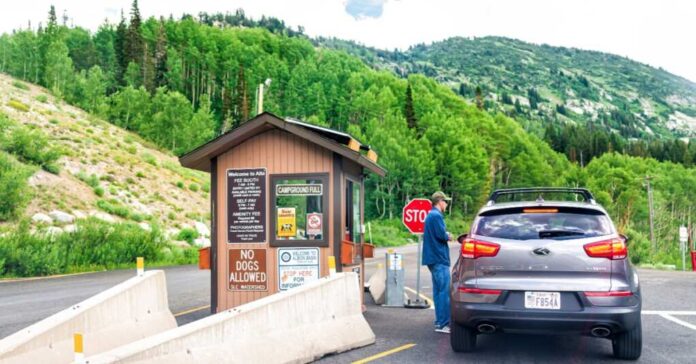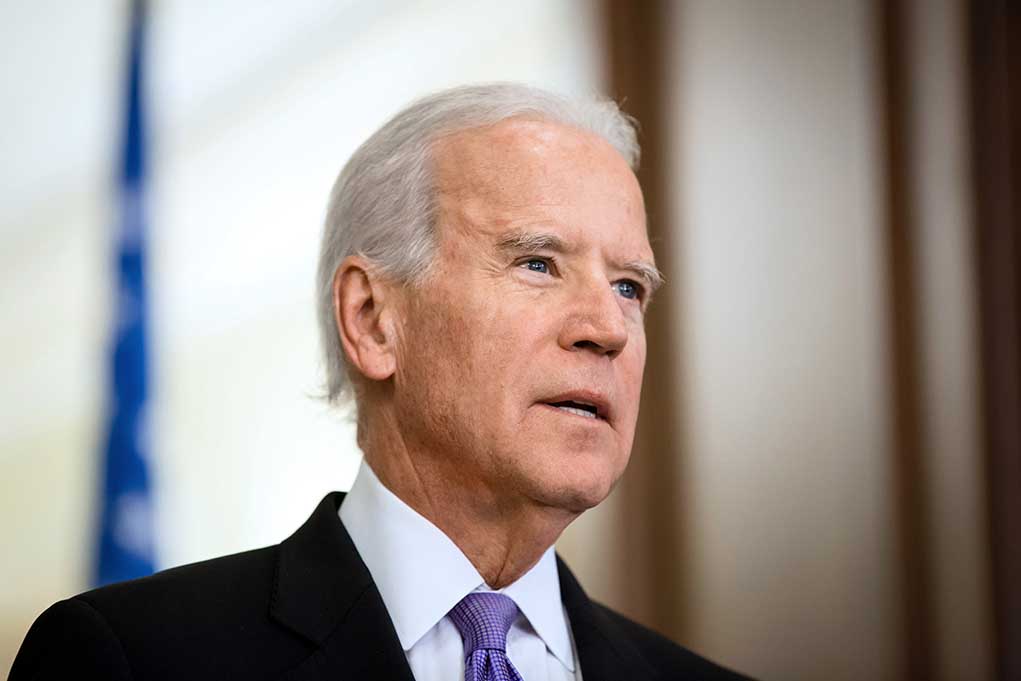
A decision by the National Park Service in 2023 to ban cash at entrance gates has led to a lawsuit. The suit, filed by three residents from Georgia, California, and New York, states that the park services have violated federal law by eliminating the cash payment option.
Title 31 Money and Finance, article 5103, states, “United States coins and currency (including Federal reserve notes and circulating notes of Federal reserve banks and national banks) are legal tender for all debts, public charges, taxes, and dues.”
It’s reported that 29 locations nationwide no longer accept cash for entry fees. These include places like the Tonto National Monument, Saguaro National Park, and Organ Pipe Cactus National Monument in Arizona, the Fort Pulaski National Historic Site in Georgia, and the Roosevelt-Vanderbilt National Historic Site in New York.
When one of the three plaintiffs asked Fort Pulaski how to visit the park without being forced to pay via credit or debit card, she was instructed to purchase a gift card from a retailer.
The National Park Service has been transitioning towards cashless transactions to modernize operations and improve efficiency. The Associate Director for Business Services, Justin Unger, highlighted the shift in response to evolving banking relationships and visitor preferences. He noted that the U.S. Treasury’s recent policies to minimize cash and check transactions have led to fewer banks maintaining formal partnerships necessary for handling cash, particularly in rural areas.
Unger pointed out that the preference for cashless payments among visitors has grown, with the volume of cash transactions plummeting by millions. He said that consolidating various point-of-sale systems into a singular, streamlined system has expedited the processing of cashless payments.
Ray Flores, a lawyer for the plaintiffs, explained that his clients are not seeking money from the suit. They only want to use cash to pay for park entry as guaranteed by United States law.
But their legal footing is questionable.
It’s a common misconception that the legal tender law requires all businesses to accept cash, but that’s not entirely true. The law states that U.S. coins and currency must be accepted for all debts, taxes, and similar obligations. However, it doesn’t force private businesses to accept cash for goods and services.
It’s a little court case with the potential for global reverberations, shedding light on the challenges of moving towards a cashless society worldwide. While organizations like the World Economic Forum suggest that going cashless could bring benefits like easier transactions and fighting corruption, concerns remain about privacy, a lack of access to public banking, and the potential for increased monitoring of financial activities.
One only has to look at the Biden administration’s targeting of credit card usage for weapons or political reasons to see the potential implications of a cashless America.







